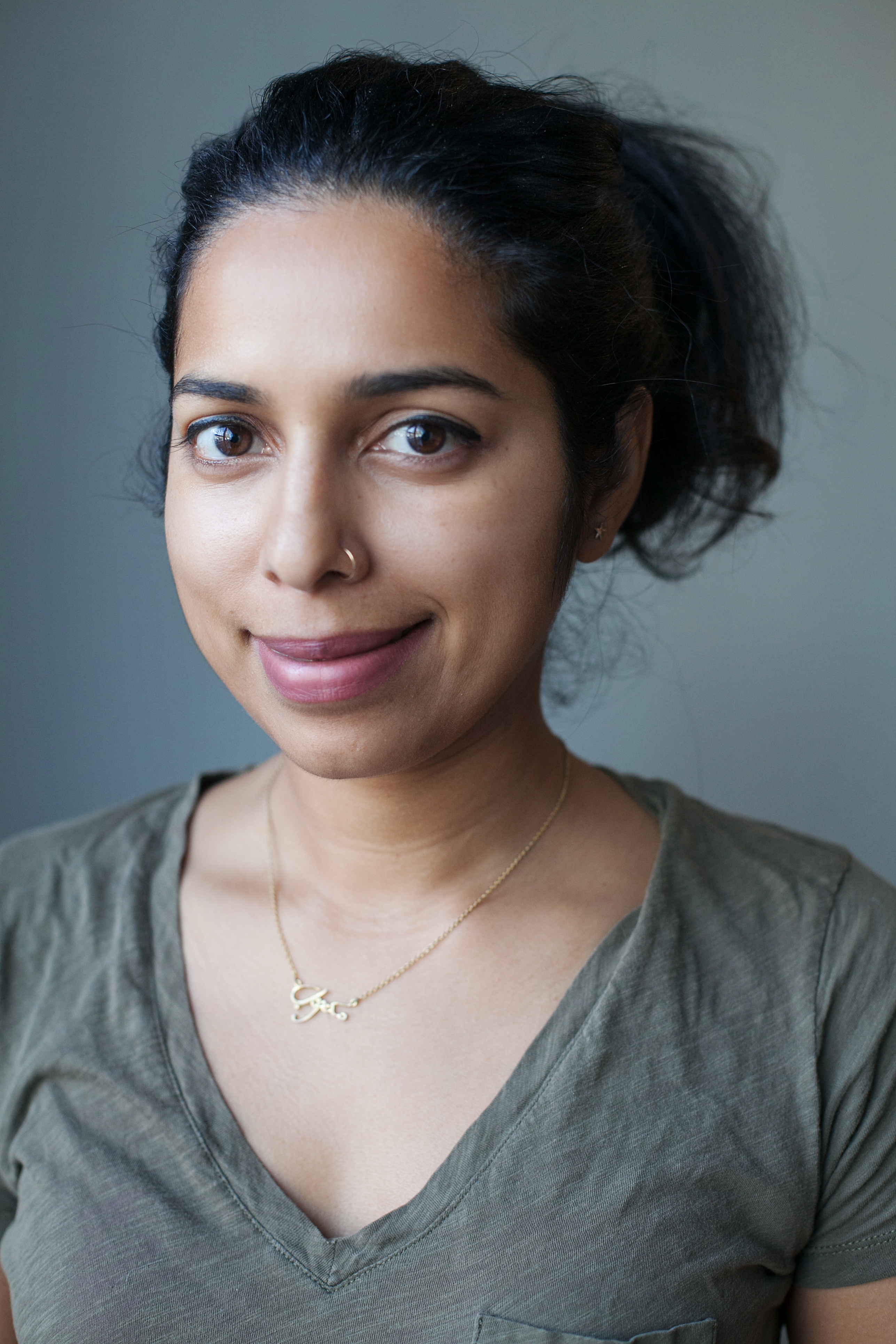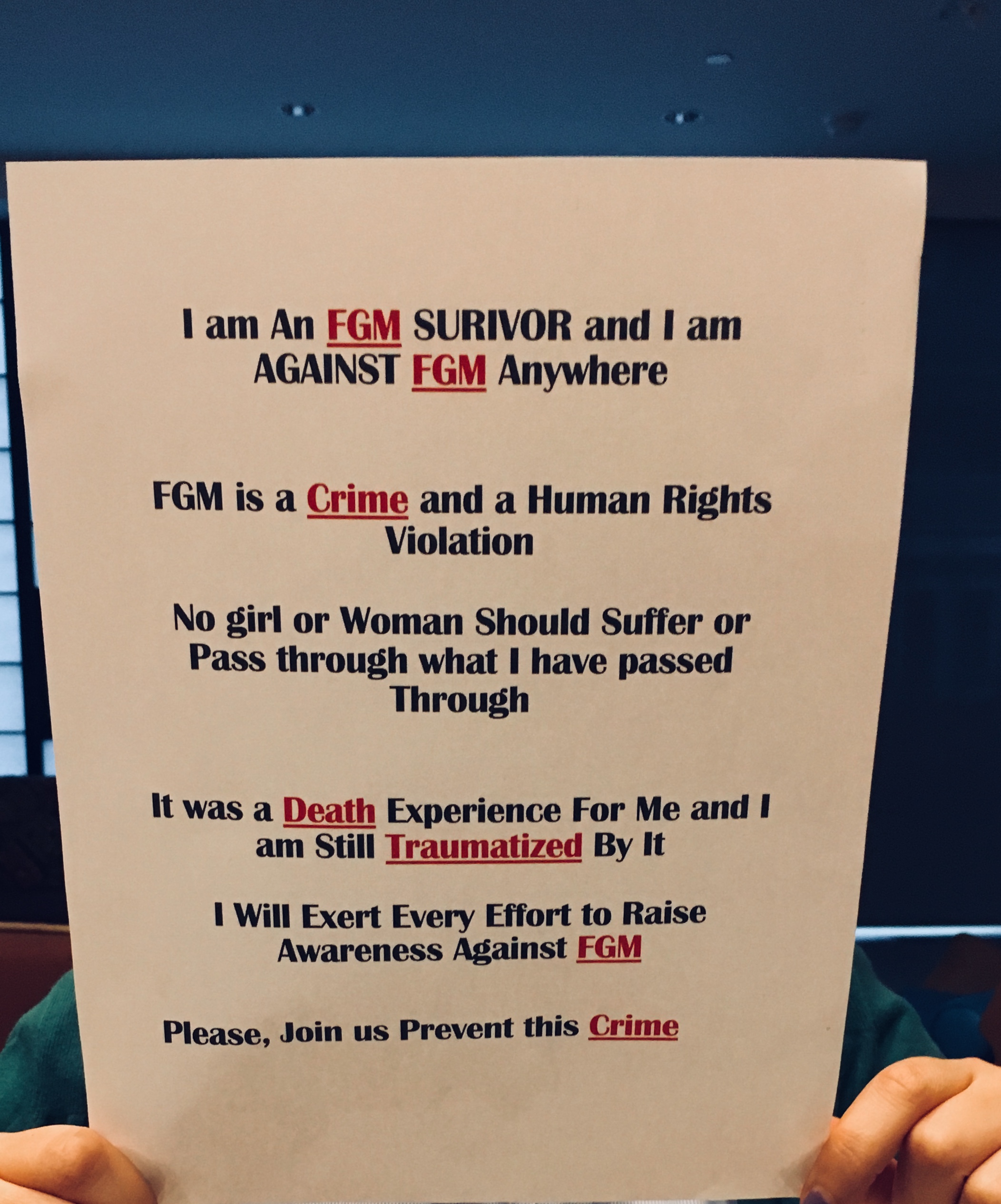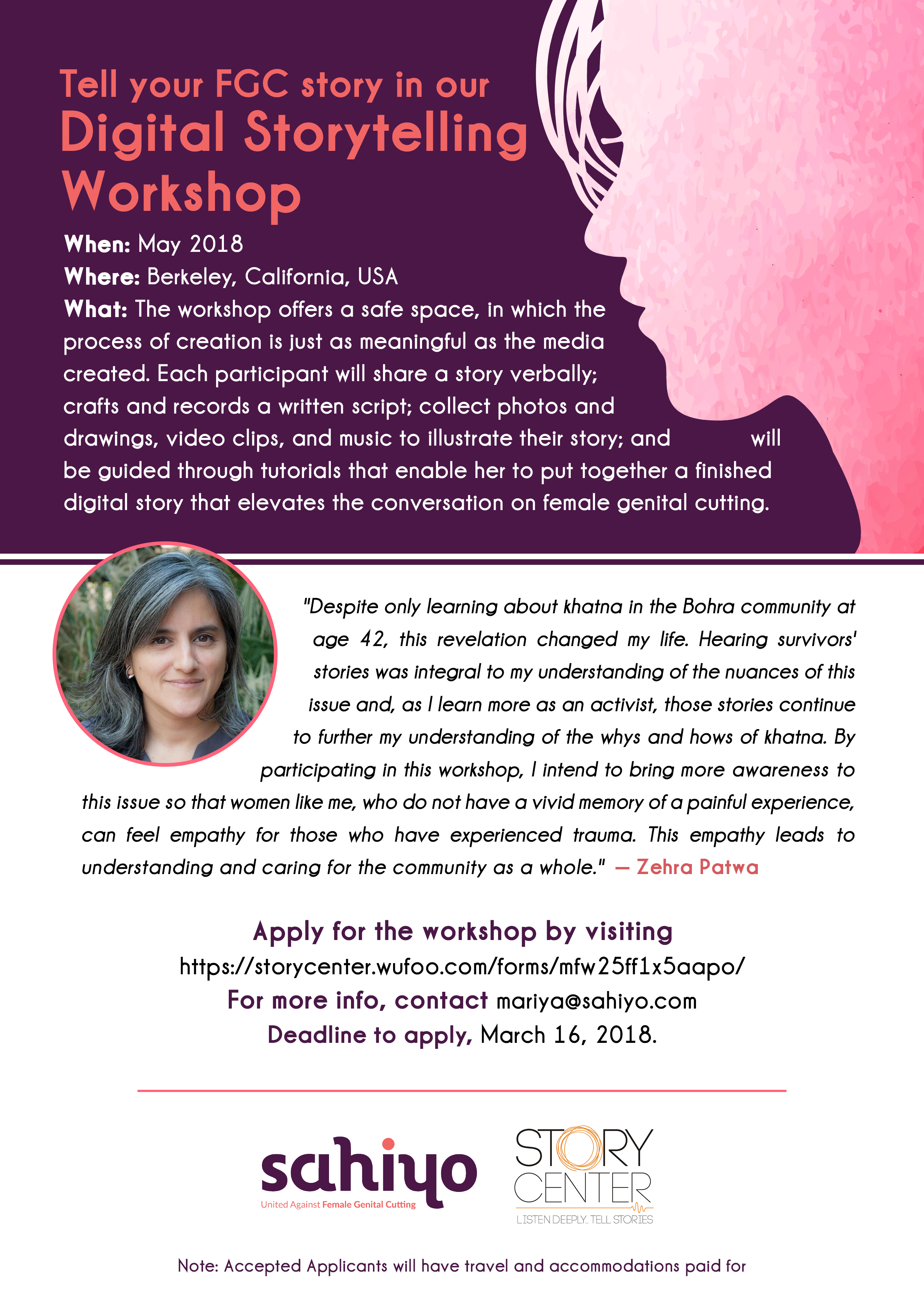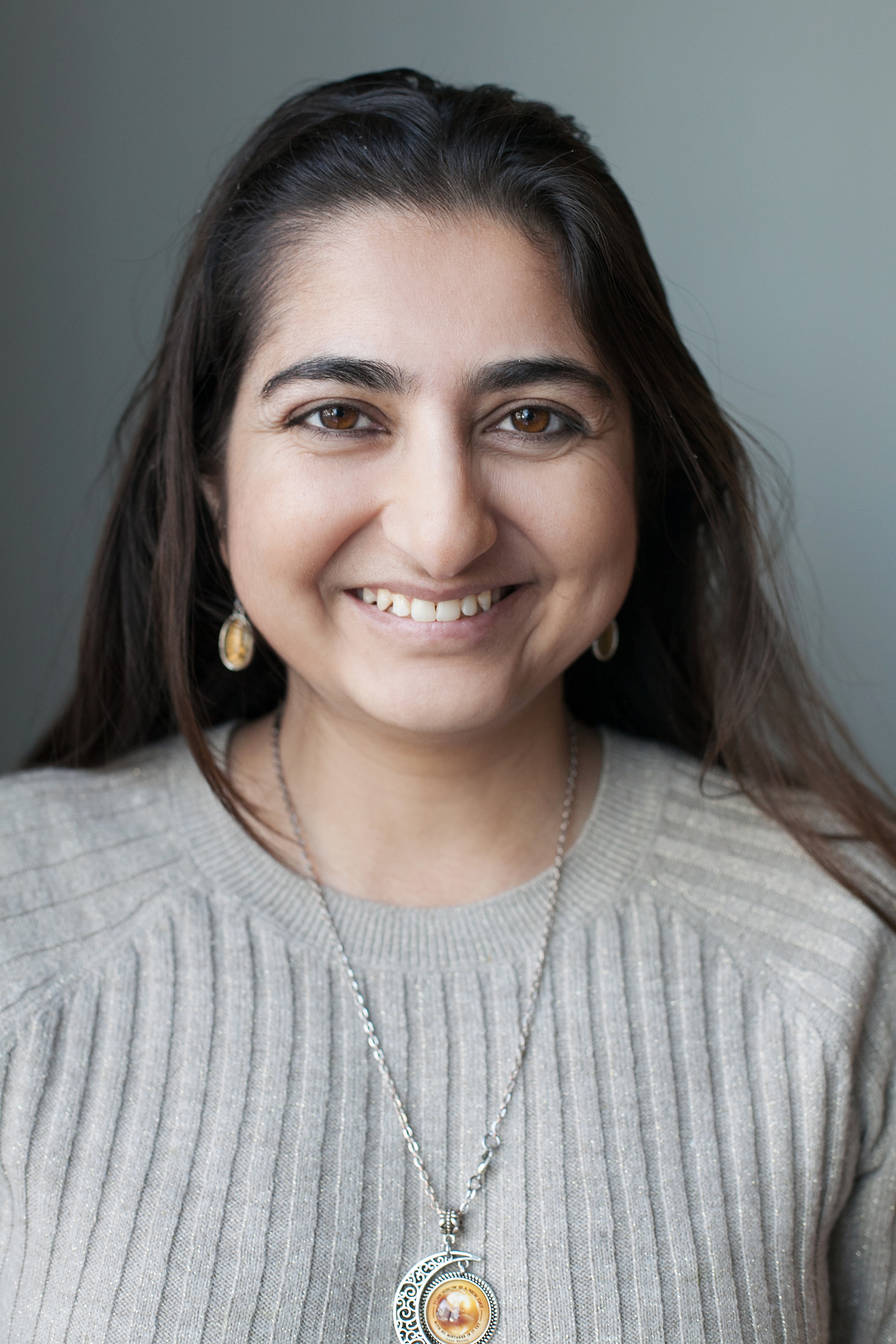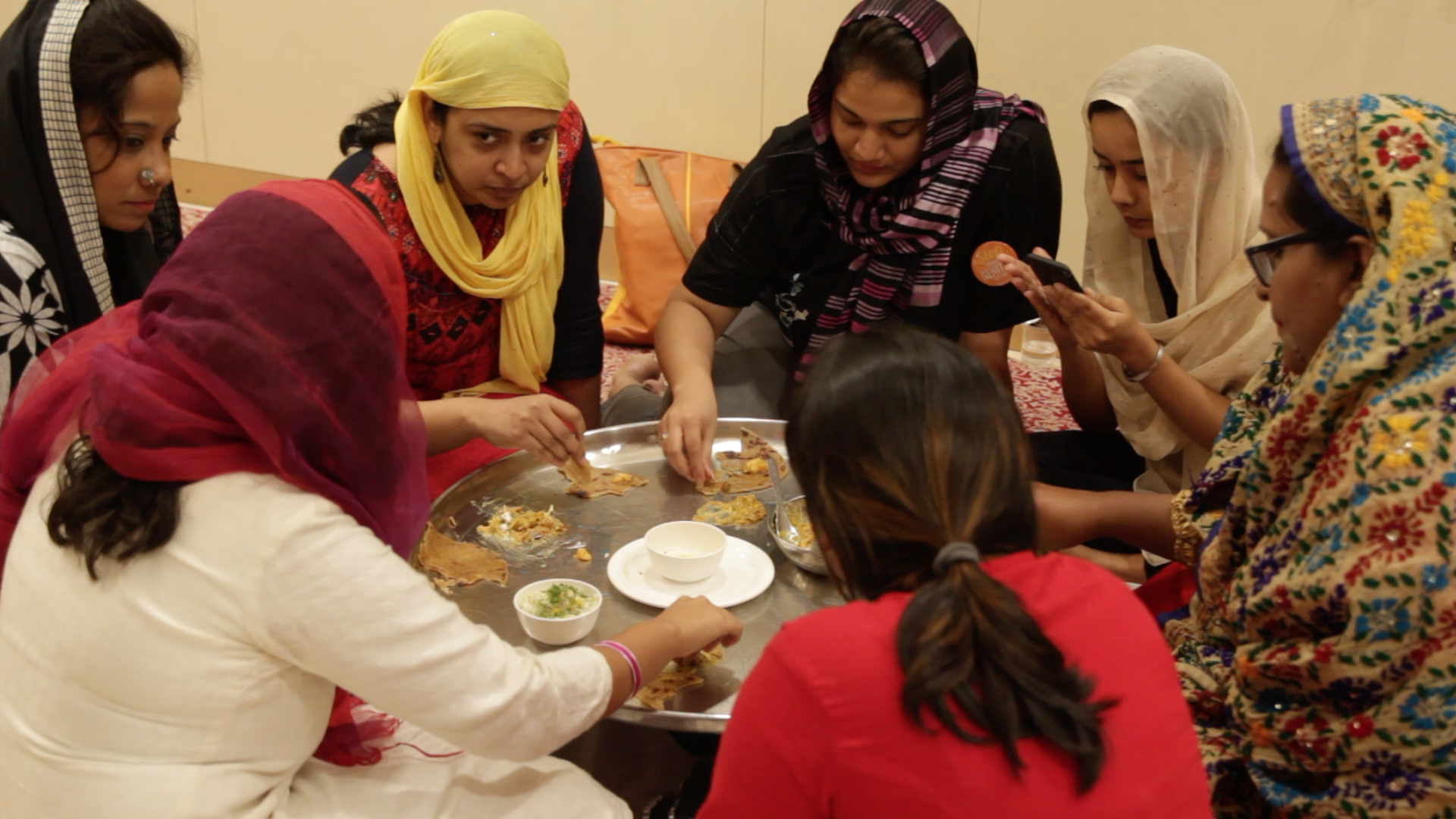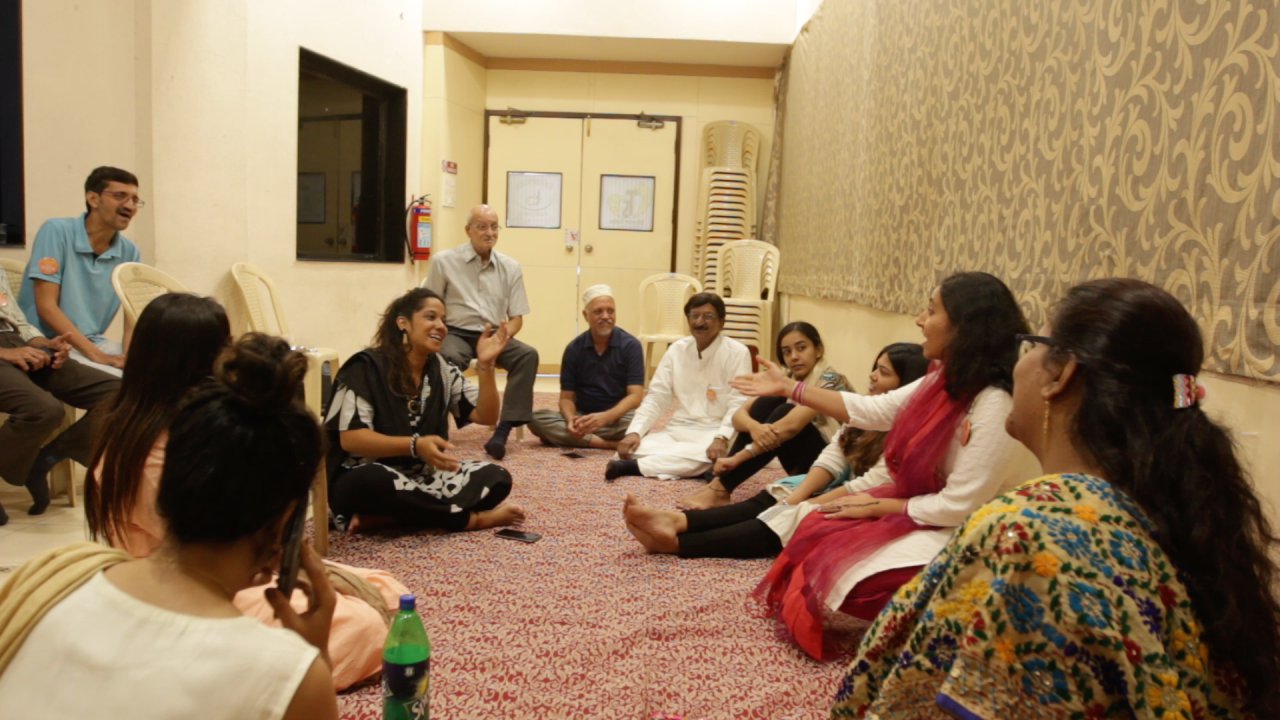(This article is Part 2 of a seven-part series on trauma related to FGC. To read the complete series, click here. These articles should NOT be used in lieu of seeking professional mental health and counseling services when needed.)
By Joanna Vergoth, LCSW, NCPsyA
Post-Traumatic Stress is the name given to a set of symptoms that persist following a traumatic incident and may be especially severe or long when the stressor has been of human design, such as in a violent personal/sexual assault (as in rape, torture, or Female Genital Cutting). These symptoms, which recreate the physical reliving of the trauma, can affect the way we think, feel and behave and, if experienced frequently, the condition that develops is called Post Traumatic Stress Disorder (PTSD).
PTSD is a complex psycho-biological condition that develops differently from person to person because everyone’s nervous system and tolerance for stress is a little different. While you’re most likely to develop symptoms in the hours or days following a traumatic event, it can sometimes take weeks, months, or even years before they appear.
The specific symptoms of PTSD can vary widely between individuals, but generally fall into the categories described below
.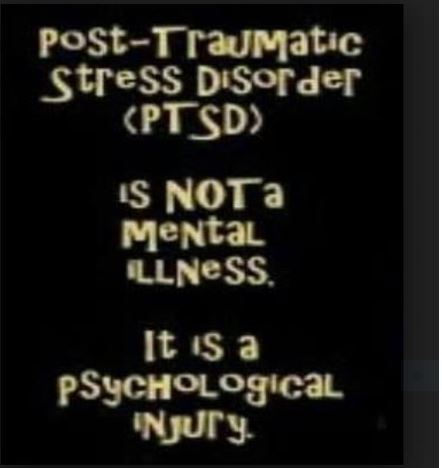
Re-experiencing
Re-experiencing is the most typical symptom of PTSD and occurs when a person involuntarily and vividly re-lives the traumatic event in the form of a flashback.
Flashbacks appear as memories or fragments of memories from recent or past events and can leave you feeling fearful, confused and distressed. Jarring and disruptive, they can last a few brief seconds or involve extensive memory recall.
Below are the categories and some examples of flashbacks:
- Visual Memories: various related images
- Auditory Memories: sounds of breathing, doors shutting, footsteps.
- Emotional Memories: feelings of distress, hopelessness, rage, terror or a complete lack of feelings (numbness).
- Body Memories: physical sensations like genital pain, nausea, gagging sensation, difficulty swallowing, feeling of being held down.
- Sensory Memories: of certain odors (e.g. perfume, body odor, alcohol) or tastes (e.g. sweat, blood).
For some women affected by Female Genital Cutting (FGC), re-traumatizing triggers can be their initial (and ongoing) sexual experiences. Not only can the physical position (identical to that required for FGC) induce a flashback, but the already traumatized genital area can feel repeatedly violated with sexual activity, gynaecological exams or childbirth itself.
Flashbacks can be accompanied by the same physiological reactions experienced at the time of the trauma, such as dizziness, rapid heartbeat, or sweating. In response to these distressing memories people can develop breathing difficulties, experience disorientation, muscle tension, pounding heart, shaking.
Hyperarousal
Trauma is stress run amuck. It dis-regulates our nervous systems and distorts our social awareness—displacing social engagement with defensive reactions. This state of mind is known as hyperarousal and often leads to:
- Irritability; angry outbursts
- sleeping problems; nightmares
In severe cases, many have trouble working or socializing and may engage in reckless behaviors (driving too fast; being argumentative or provocative). Others with PTSD may feel chronically anxious and find it difficult to relax or concentrate. Also, problematic for many is difficulty falling or staying asleep or suffering from nightmares; feeling always anxious and on edge (referred to as hypervigilant) –they may easily be startled.
Feeling afraid is a common symptom of PTSD and having intense fear that comes on suddenly could mean you are having a panic attack. It can happen when something reminds you of your trauma, and may trigger fearing for your life or losing control.
Although anxiety is often accompanied by physical symptoms, such as a racing heart or knots in your stomach, what differentiates a panic attack from other anxiety symptoms is the intensity and duration of the symptoms. Panic attacks typically reach their peak level of intensity in 10 minutes or less and then begin to subside.
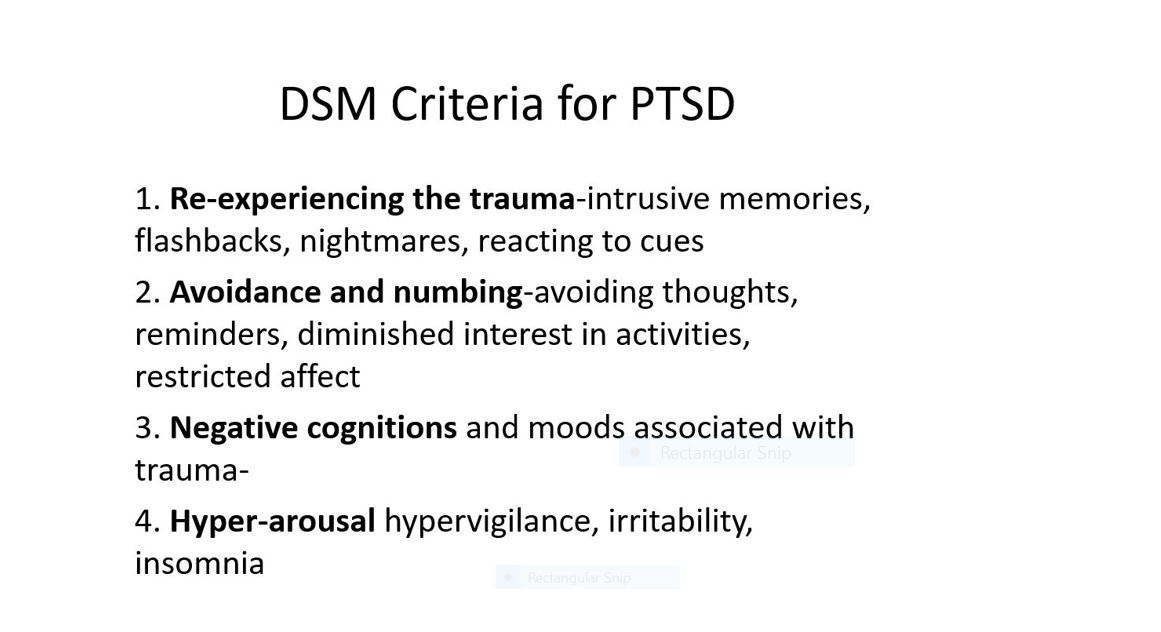
Negative emotional states
Some FGC-affected women may feel betrayed and develop problematic relationships with their mother, or female authority figures, and suffer from low self-esteem and concerns about body image. In addition, traumatized girls and women may develop persistent negative emotional states (e.g. fear, horror, anger, guilt, or shame) and engage in distorted thinking such as “I am bad,” “No one can be trusted,” “The world is completely dangerous place.”
In Sahiyo’s online survey of Dawoodi Bohra women, conducted in 2015-16, 48% of the women who had undergone FGC reported that the experience of FGC (khatna) left an emotional impact on their adult life. This impact included feelings of being haunted/traumatized by the memory of being cut, feeling betrayed and violated by the family, feelings of distrust towards them, as well as anger and fear.
Avoidance and emotional numbing
Trying to avoid being reminded of the traumatic event is another key symptom of PTSD.
Individuals may try to block out the anxiety or fear associated with the distressing emotional feelings, by avoiding places, people and situations reminding them of the original traumatic experience. For example, the possibility of seeing the “cutter” in a social gathering may be very distressing and re trigger re-traumatization. (See A Pinch of Skin documentary by Priya Goswami).
Some people attempt to deal with their feelings by trying not to feel anything at all. This is known as emotional numbing. 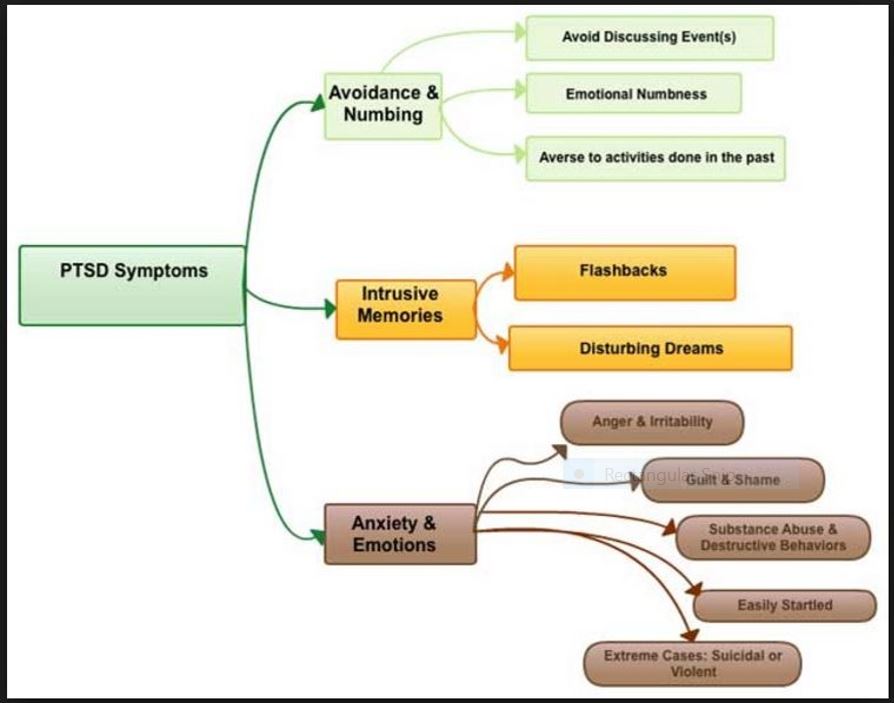
Many people with PTSD try to push memories of the event out of their mind, often distracting themselves with work or hobbies. Others may engage in self-destructive behaviors (drug or alcohol abuse; eating disorders) in order to distract or numb themselves to feelings that are too painful to tolerate. Those feeling detached and numb often have trouble showing or accepting affection and, becoming isolated and withdrawn, may lose interest in people or activities they used to enjoy.
Dissociation is a mental process that causes a lack of connection in a person’s thoughts, memory and sense of identity. It is a normal reaction to trauma and can help cut off the pain, horror and terror for a person experiencing mortal danger; an attempt to be “outside” the events (outside of oneself; besides oneself) happening rather than “inside” the fearful experience. Any of us—at any age— if confronted with a life-threatening event might dissociate and out-of-body experiences, experienced during war or life-threatening disasters and medical surgeries, are well documented. The advantages of dissociating under unbearable conditions are easy to understand, but dissociative reactions can occur whereby the individual feels or acts as if the traumatic event were recurring and may confuse ordinary stress with life threatening circumstances.
PTSD can occur with or without dissociative symptoms. And, although it can occur at any age, including childhood, not every traumatized person gets full-blown PTSD, or experiences PTSD at all. PTSD is diagnosed only if the symptoms last more than a month. In those who do have PTSD, symptoms usually begin within 3 months of the trauma, and the course of the illness varies. Some people recover within 6 months, others have symptoms that last much longer. In some cases, the condition may be chronic. Sometimes, memories of the traumatic event and any accompanying PTSD symptoms don’t appear until years after the actual experience.
PTSD in children
PTSD can affect children as well as adults. It can also result from surgery performed on children too young to fully understand what’s happening to them.
Children with PTSD can have similar symptoms to adults, such as having trouble sleeping and upsetting nightmares.
Like adults, children with PTSD may also lose interest in activities they used to enjoy and may have physical symptoms such as headaches and stomach aches.
However, there are some symptoms that are more specific to children with PTSD, such as:
- being unusually anxious about being separated from a parent or other adult
- re-enacting the traumatic event(s) through their play
For more information about how the brain and body process trauma, watch out for Trauma and Female Genital Cutting, Part 3 — Trauma: the Body and the Brain.
About Joanna Vergoth:
Joanna is a psychotherapist in private practice specializing in trauma. Throughout the past 15 years she has become a committed activist in the cause of FGC, first as Coordinator of the Midwest Network on Female Genital Cutting, and most recently with the creation of forma, a charity organization dedicated to providing comprehensive, culturally-sensitive clinical services to women affected by FGC, and also offering psycho-educational outreach, advocacy and awareness training to hospitals, social service agencies, universities and the community at large.
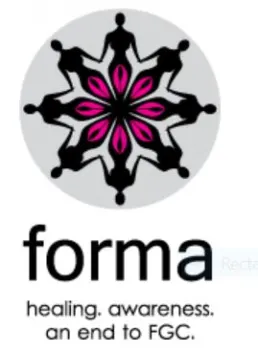
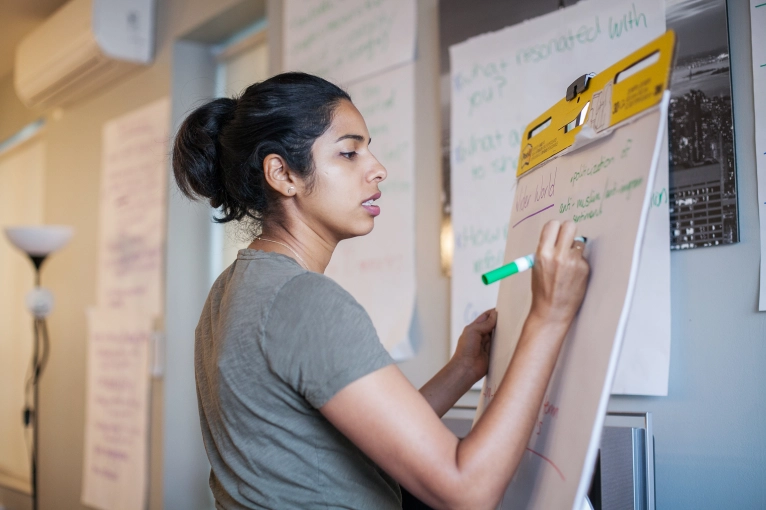
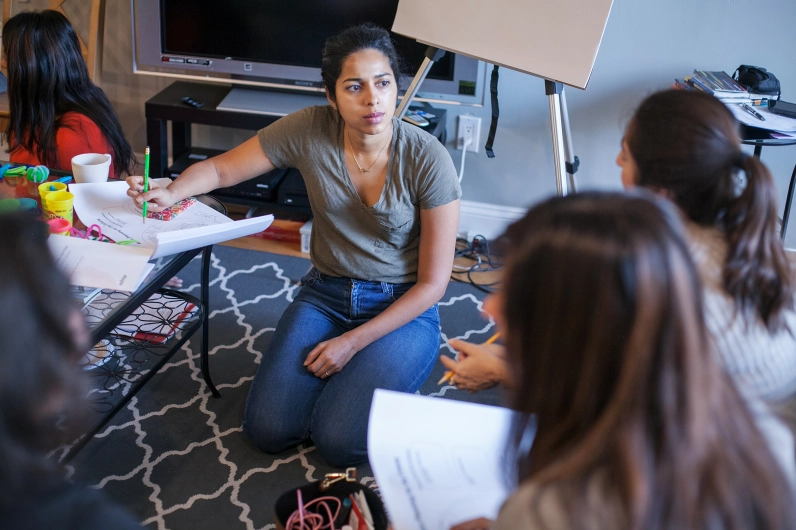 I left the day feeling strengthened. Not only do I feel there is a like-minded community of activists who I align with, I feel as though the tactics being used are culturally aware and thoughtful. We left with tangible actions to take forward to our communities and loved ones. I also felt like I got to see many different ways of being Bohri in America. We all have different levels of religiousness and practice, but nonetheless, we all think that we can come together and make a difference in ending this harmful practice.
I left the day feeling strengthened. Not only do I feel there is a like-minded community of activists who I align with, I feel as though the tactics being used are culturally aware and thoughtful. We left with tangible actions to take forward to our communities and loved ones. I also felt like I got to see many different ways of being Bohri in America. We all have different levels of religiousness and practice, but nonetheless, we all think that we can come together and make a difference in ending this harmful practice.
